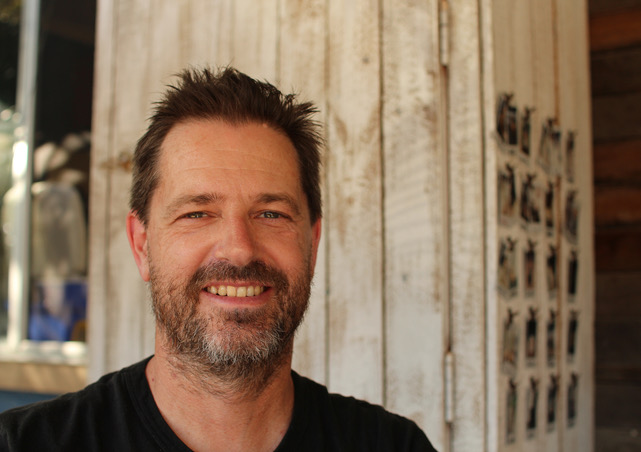
Professor Chris Gibson
University of Wollongong
Advocates of automation and artificial intelligence (AI) trumpet technological disruption and the possibilities of algorithmic management, while critics warn of ethical breaches and widespread job loss. Less visible in the debate has been the necessary human labor that keeps economy and society going in challenging and increasingly volatile environments. The labor that sustains critical infrastructures is often hidden from public view, and taken for granted—for example, those workers who maneuver ships at seaports. In this talk, based on a new project exploring ethnographies of infrastructural transition labor, I take to the water to learn how ports function as spaces of everyday mobilities work. The story follows a day in the working life of marine pilots—a specialist, locally-based workforce who board foreign-flagged ships to dock them safely. Their labor process is, I argue, a form of choreography: executing motions in correspondence with other workers, infrastructures, vessels, and environmental forces. Increasingly volatile oceanic conditions require technical knowledge of ships and guiding equipment, plus deep place-based knowledge of port idiosyncrasies and responsiveness to elemental forces—working with rather than against swell and wind, tides, channels, and weather. While global shipping becomes ever more cutthroat in pursuit of efficiencies, marine pilots choreograph mobilities with respect for earthly forces and the bulk and power of ships and seas, and thus perform the necessary infrastructural labor that offsets risk. Amidst worsening environmental hazards, we offer choreography as an analytical frame to center the work, workers, collaboration, and more-than-human interactions that sustain life on a daily basis, amidst growing environmental volatility, geopolitical tensions and hazard risks.
Chris Gibson is Professor of Geography at the University of Wollongong, Australia, and in April 2025 will commence a prestigious Australian Laureate Fellowship at the University of Sydney. His research discovers forms of creativity and skill needed to respond to uncertainty and change, in everyday lives and workplaces, in unlikely locations and circumstances. His books include Sound Tracks: Popular Music, Identity and Place (Routledge 2003) and The Guitar: Tracing the Grain Back to the Tree (University of Chicago Press, 2021). He is currently Editor of the journal Progress in Human Geography.